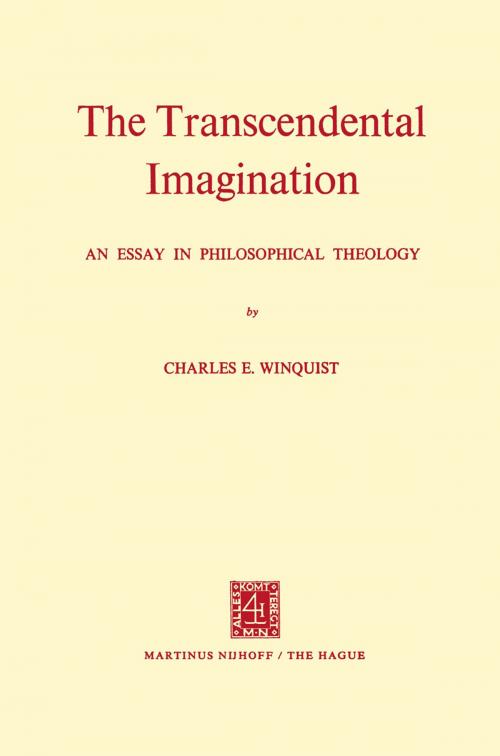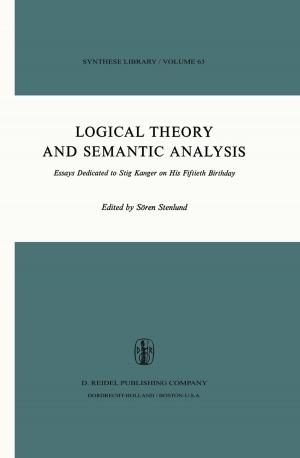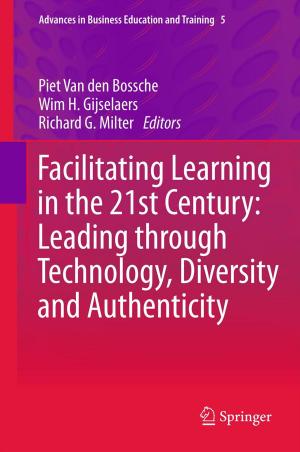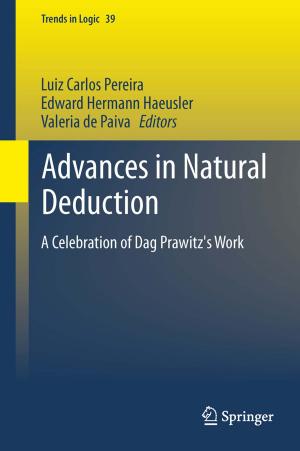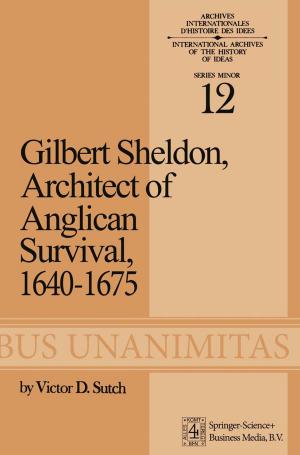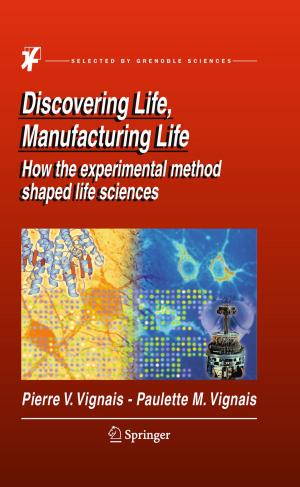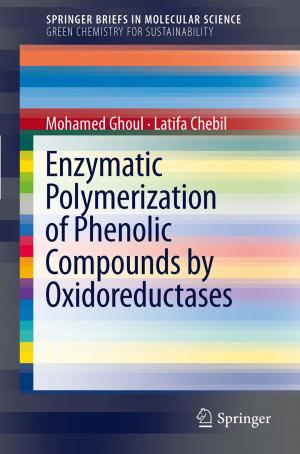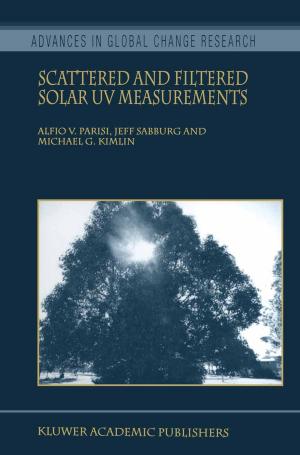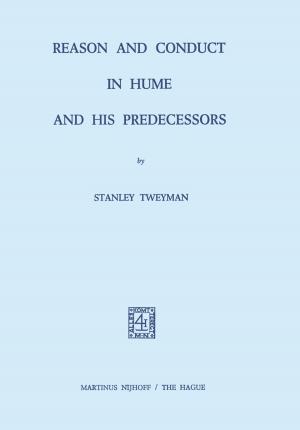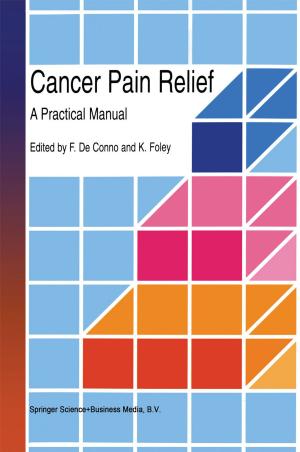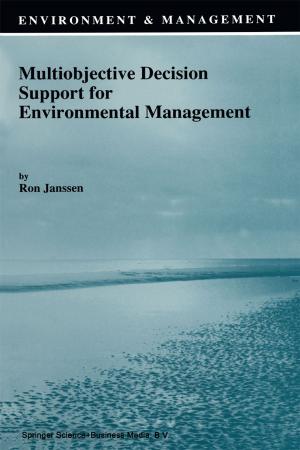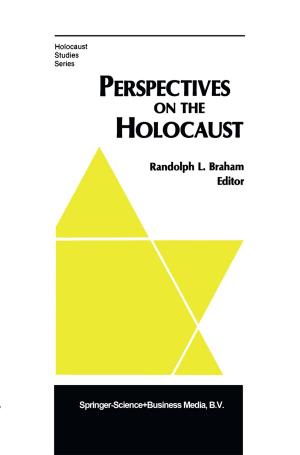The transcendental imagination
Nonfiction, Religion & Spirituality, Philosophy, Metaphysics, Religious| Author: | Charles E. Winquist | ISBN: | 9789401195584 |
| Publisher: | Springer Netherlands | Publication: | December 1, 2013 |
| Imprint: | Springer | Language: | English |
| Author: | Charles E. Winquist |
| ISBN: | 9789401195584 |
| Publisher: | Springer Netherlands |
| Publication: | December 1, 2013 |
| Imprint: | Springer |
| Language: | English |
The "transcendental imagination" is a philosophical conception used in this essay to illuminate the ontological significance of the continuing proclamation of the Word of God. It has become necessary for theology to respond to the growth of secularization and the impoverishment of religious language in contemporary experience by initiating foundation al inquiry into the meaning and possibility of theological reflection. The following essay is intended to be a preliminary step toward an understanding of theology and religious discourse as they are intimately bound to the realization of possibilities in the life of the church. There are many people to whom I am indebted for my understanding of theology and for the development of this book. I here would like to express my appreciation and gratitude to Professor George Guthrie for introducing me to foundational questions in the study of philosophy during my student years at the University of Toledo; to Professors Schubert Ogden and David Tracy for their careful reading and criticism of this manuscript; and especially to my advisor, Professor Langdon Gilkey, for his encouragement, criticisms, and suggestions during my graduate study at the Divinity School, The University of Chicago. Most importantly, I want to thank my wife Anna, to whom this book is dedicated, for sharing with me her strength, creativity and love.
The "transcendental imagination" is a philosophical conception used in this essay to illuminate the ontological significance of the continuing proclamation of the Word of God. It has become necessary for theology to respond to the growth of secularization and the impoverishment of religious language in contemporary experience by initiating foundation al inquiry into the meaning and possibility of theological reflection. The following essay is intended to be a preliminary step toward an understanding of theology and religious discourse as they are intimately bound to the realization of possibilities in the life of the church. There are many people to whom I am indebted for my understanding of theology and for the development of this book. I here would like to express my appreciation and gratitude to Professor George Guthrie for introducing me to foundational questions in the study of philosophy during my student years at the University of Toledo; to Professors Schubert Ogden and David Tracy for their careful reading and criticism of this manuscript; and especially to my advisor, Professor Langdon Gilkey, for his encouragement, criticisms, and suggestions during my graduate study at the Divinity School, The University of Chicago. Most importantly, I want to thank my wife Anna, to whom this book is dedicated, for sharing with me her strength, creativity and love.
